Highlights: 2018 Partnerships
Our 2018 partnerships
To make fashion a force for good, we always work with our partners to build long-term solutions. But while it takes time for initiatives to reach a breakthrough moment, we still think it's important to share early-stage work we have started with partners in 2018.
New partnerships
Most of our work is focused on large initiatives that can create lasting and positive systemic change. Together with our partners, we also test and pilot smaller initiatives that can be scaled later.
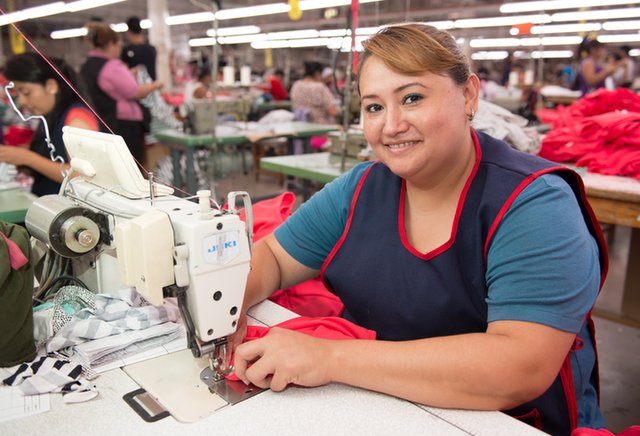
Bridging the gap for circular business mode
The hot topic within circular fashion is how brands can move to safer circular business models to benefit workers and the environment.
To accelerate this change, in 2018 we started supporting four pilot initiatives from Forum for the Future, WRI and WRAP, Circular Economy and London Waste and Recycling Management.
While only in their early stages, we are excited that our Circular Fashion partners have created a learning group to exchange best practices, challenges and knowledge, which they will be able to share with the wider fashion industry.
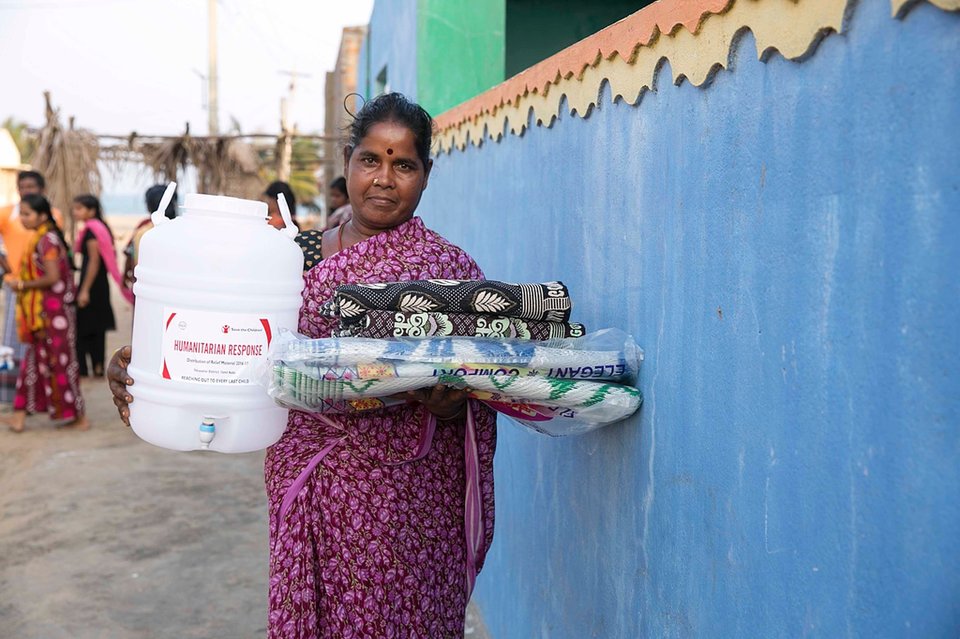
Humanitarian relief
By the end of 2018, there were more than one million refugees in Bangladesh, most of them women and children escaping violence in Myanmar. To make fashion a force for good, we need to strengthen the communities where our colleagues, customers, and garment industry workers live.
For this reason, together with our global partner, Save the Children, since 2017 we have given humanitarian support to the region.
As the situation worsened, in 2018 we designated an extra €3 million to six different initiatives in partnership with BLAST, CRS, CARE, Terre des Hommes, Oxfam and Center for Global Development (CGD).
New partnerships in 2018
Sustainable Cotton
Working Conditions
Forced & Child Labour
Strengthening communities
Circular Fashion

American Institutes for Research in the Behavioral Sciences (AIR)
Assess the socio-economic impact of three cotton cultivation systems - BCI, conventional and organic cotton on smallholders in Madhya Pradesh, India.
air.org

Better Cotton Initiative
Support the Better Cotton Initiative in increased standards embedded in national legislation.

Diaconia
Strengthen and expand sustainable cotton farming in 9 territories of the Brazilian semi-arid region, and development of family-based social organisations.

Pesticide Action Network, Uk
Commissioned a case study on the use of pesticides in conventional and sustainable cotton.
pan-uk.org
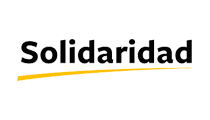
Solidaridad Network Asia
Establish an organic cotton hotspot in Maharashtra by engaging 15,000 farmers and other stakeholders.

Wtt Brasil
Impact Challenges: Bringing Effective and Scalable Innovations to smallholders Producing Organic Cotton.
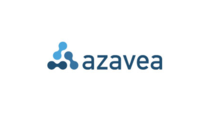
Azavea
Establish Long-Term Operations and Scale Use of the Open Apparel Registry (OAR).
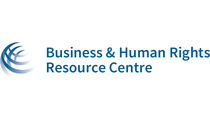
Business and Human Rights Resource Centre (BHRRC)
Support Cambodian civil society organisations to work together defend garment workers' rights.

Business and Human Rights Resource Centre (BHRRC)
Educate women workers and unions on how to use data as a basis for negotiation to improve working conditions in Indonesian apparel factories.

Care USA
Educate women workers and unions on how to use data as a basis for negotiation to improve working conditions in Indonesian apparel factories.
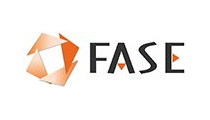
Fase
Support and train grassroots women rights organizations to empower women garment workers in Pernambuco and Rio de Janeiro. Once mobilised and more aware of their rights and their position within the garment industry supply chain, the objective is to mobilise these women so they may articulate demands and actions towards better working conditions.
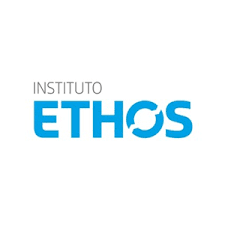
Instituto Ethos
Build a forum for intersectoral company-employee dialogue to improve working conditions in the denim industry in rural Pernambuco, in the light of SDG8.

Instituto Tecnológico y de Estudios Superiores de Occidente
Improve labour conditions in the apparel industry in Jalisco, Mexico through participatory innovative solutions design.
erkenntnis

Proyecto de Derechos Economicos Sociales y Culturales
Consolidate women's leadership to defend their labour human rights.
erkenntnis
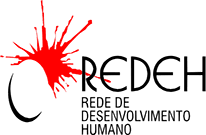
RedeH de Desenvolvimento Humano
Upscale the usage of an app for garment workers in Myanmar, through which the workers can learn about their rights.
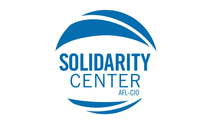
Solidarity Center
Strengthen skills and foster the capacity of trade union federations and factory-level leaders to enhance negotiations and collective bargaining through the understanding and utilization of publicly available data.

Solidarity Center
Promote women worker's labour and human rights in the Brazilian garment sector unions.

Assoc Direitos Hum Em Rede (Conectas)
Map the gaps and advocate for for the implementation and enforcement of the new Migrant law in Brazil.

Business and Human Rights Resource Centre (BHRRC)
Scale up of Business & Human Rights Resource Centre’s efforts to transform the global apparel industry, through concerted action to protect labour rights, improve working conditions, and eradicate forced and child labour.

Fundo Brasil de Direitos Humanos
Provide technical and financial support for the monitoring and training of civil society organisations working to combat child labour in the fashion industry.

International Organisation for Migration (IOM)
Strengthen corporate responsibility to eliminate exploitation, slavery and trafficking in supply chains (CREST) - with emphasis on ethical recruitment in the target countries Bangladesh, India and Thailand in the apparel supply chain.

Partners in Change
Help school children influence the public procurement system in Delhi (NCR) and improve transparency in business practices to address child labour in the domestic apparel supply chain (particularly in the school uniform sector).
Escravo nem pensar
Train educators and social workers to assist immigrants and prevent slave and child labour.

Care USA
Build the resilience of urban populations in Dhaka, Bangladesh to humanitarian emergencies.

Oxfam
Address the needs of the Rohingya refugees focusing on access to water, sanitation, protection and food security.

Fondation Terre des hommes
Integrate nutrition and child protection emergency response for Rohingya support.
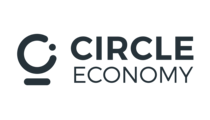
Circle Economy
Support brands to overcome the barriers of implementing a circular business model by guiding them through a Circular Innovation Process, as part of the Bridging the Gap group.
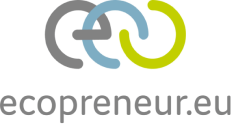
Ecopreneur.eu
Support brands to overcome the barriers of implementing a circular business model by guiding them through a Circular Innovation Process, as part of the Bridging the Gap group.
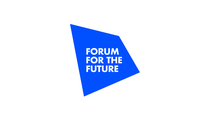
Forum for the Future
Support Circular Leap Asia which enables apparel companies in Asia to pilot circular business models.
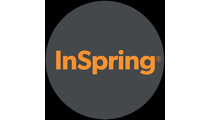
InSpring Limited
Pilot a project to harness the voice and ideas of young people to support the circular fashion movement.

Investor Watch
Use Planet Tracker to identify, quantify and work to rectify the disconnect between the capital markets and the sustainability of natural boundaries, in this case within the textiles value chain.
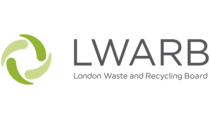
London Waste and Recycling Board
Design and implement circular business model pilots with leading brands/retailers and sharing publicly key parameters of the business cases.
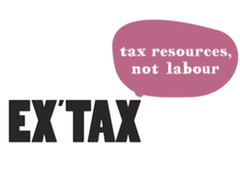
The Ex'Tax Foundation
Assess if putting a price on pollution and resource-use in Bangladesh is feasible and beneficial for the people of Bangladesh.

World Resources Institute
Accelerate the testing, implementing and scaling of business models that increase clothing reuse.
Renewed partnerships
As shown throughout this report, we believe it’s important to measure, evaluate and learn from all our partnerships. Based on lessons learned and results achieved, we are always open to working with partners to scale up existing initiatives or help them take the next step for systems change.
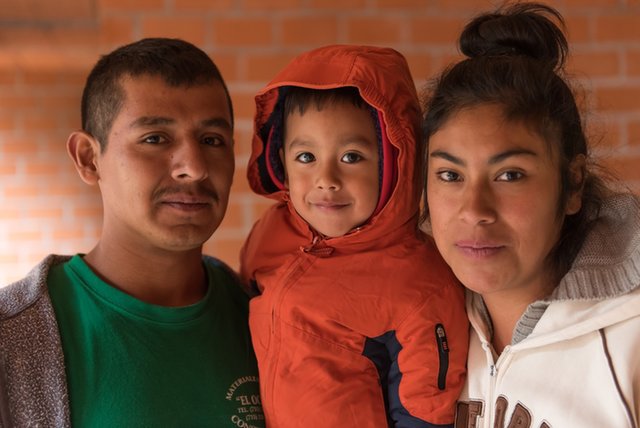
Thomson Reuters Foundation
To shift thinking around forced labour in apparel supply chains, we first need to shine a light on the root causes. After three years of a successful investigative journalism, in 2018 we extended our partnership with Thomson Reuters by supporting the launch of the Stop Slavery Hub, an all-encompassing digital hub set to become the most significant online source of information on modern slavery.
The team will now comprise nine journalists, supported by 50 Thomson Reuters Foundation staff journalists and a growing network of more than 250 freelancers, reporting daily on modern slavery. As well as this, dedicated reporters located in India, Cambodia, Thailand, Bangladesh, Mexico, Brazil, UK and the USA, will provide additional support.
Circular Fashion
Forced & Child Labour
STRENGThENING communities
Sustainable Cotton
Working Conditions

Stichting ZDHC Foundation
Accelerate and scale ZDHC's global impact by demonstrating the enabling role of chemistry, strengthening ZDHC organisational capacity, deepening geographical support in target regions/countries, and driving continuous improvement in the industry.

Start Up Mix
Enable talent to create and take an active roll in the implementation of a circular fashion sector.

MISSÃO PAZ
Integrated approach aimed at improving the living conditions, access to rights and working conditions of immigrants, with a focus on vulnerable and exploited Latinos in the workplace, particularly in the fashion sector.

CAMI - Migrant Support and Pastoral Centre
Empower immigrants and their families, in particular involving sewing workshops and informal work activities in the garment sector.

GoodWeave
Pilot a market-driven approach to eliminate child labour in the homeworker sector in India.

Derechos Infancia México A.C. (REDIM)
Inclusion of forced & child labour within the fashion industry in Guanajuato’s political agenda.
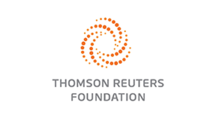
Thomson Reuters Foundation
Increase awareness of forced labour and human trafficking through media advocacy and training of journalist to cover the issues in India.
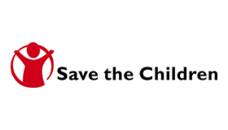
Save the Children
Respond to emergencies and building resilience of communities to better cope with future crises through disaster risk reduction training.
-

Forum for the Future
Develop Cotton 2040, a multi-stakeholder initiative to create alignment and traceability in the sustainable cotton sector.

Organic Cotton Accelerator
Remove barriers to increase organic cotton production and strengthen market demand through a multi-stakeholder platform.
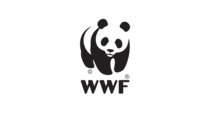
World Wide Fund for Nature, India
Improve farmer livelihoods and promote biodiversity conservation through organic cotton cultivation in forest corridors of Madhya Pradesh, India.

Action for Social Advancement
Expansion of organic cotton in the tribal region of Madhya Pradesh with key emphasis on value chain integration of producers through producers collectives.

ABVTEX
Strengthen and expand the ABVTEX Certification Programme, to promote greater legitimacy and credibility for the Programme, and foster greater transparency in the industry.

Awaj Foundation
Empower women leaders in the apparel sector, through advanced training in negotiation and advocacy.

Awaj Foundation
Empower workers to be able to negotiate, bargain and claim their rights at home and in the workplace to improve working conditions.
erkenntnis

Bangladesh Legal Aid and Services Trust (BLAST)
Increase access for Bangladeshi garment workers to legal aid services and advocate for further legal reforms to protect their rights.

China Labour Bulletin (CBL)
Build the foundation for effective dialogue on labour in Asia, through south-south solidarity.

Department of Sociology, University of Hong Kong
Raise awareness of rights on migrant labour and gender protection in vocational schools in China.

Department of Sociology, University of Hong Kong
Improve working conditions in Bangladesh by driving improved purchasing practices through Better Buying and promoting changes in business models.

Fashion Revolution CIC
Support for Fashion Revolution to develop and scale a transparency index to rate global brands on their level of public disclosure.
Maquila Solidarity Network
Support for MSN, to strengthen labour movement in Mexico, including capacity building for grassroots organizations, advance the transparency agenda among brands, forge leadership of women workers, and continue the analytical work on the implementation of Mexico Constitutional Labour Reforms.
